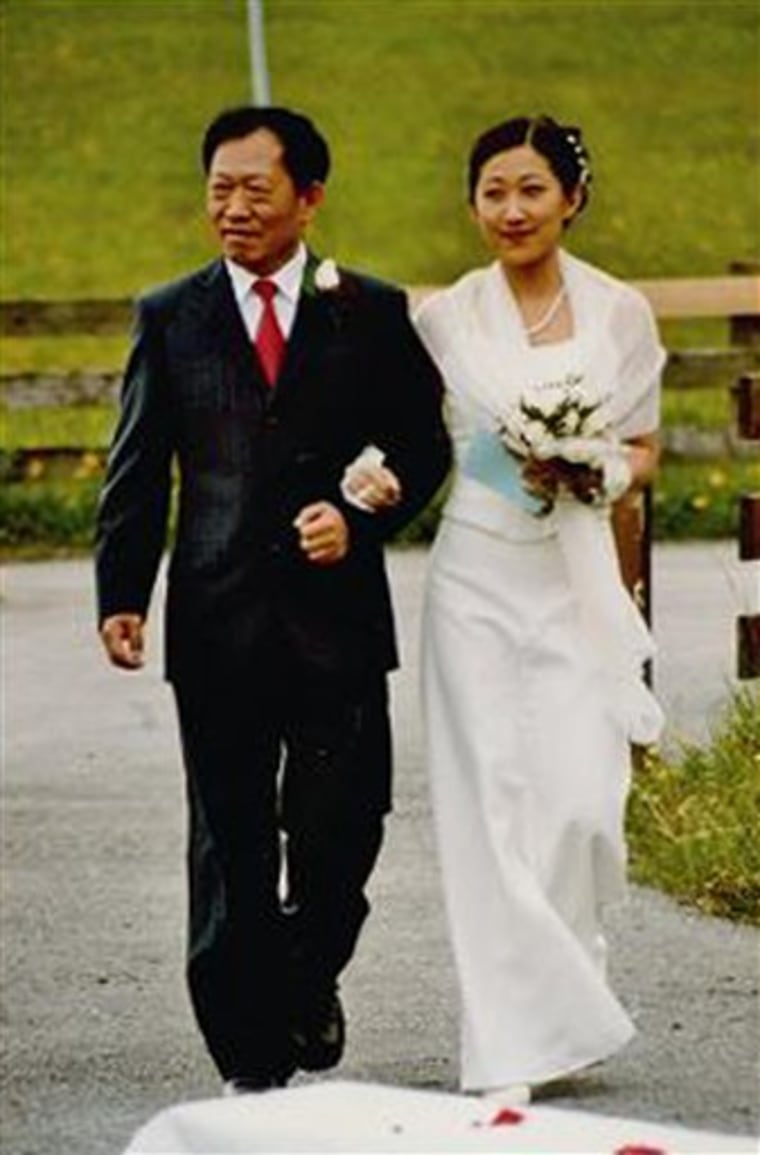A Chinese medical researcher and businessman was executed Friday on charges of spying for Taiwan, his family said.
Ran Chen, who has Austrian citizenship, said her father's execution by gunshot was confirmed at 5 p.m. via the Austrian embassy in Beijing.
"Today, our beloved father, Wo Weihan, was executed," a statement from Chen and her sister Di Chen said. "His life was taken from him before he or our family could say its last goodbyes."
The family were hopeful he might be spared after they visited him at a Beijing court Thursday morning, their first meeting since he was detained almost four years ago, and were later told a second visit had been approved.
Neither the family nor Wo had received official notification about the execution, and so he did not leave any final words with them, the statement said. He had been surprised and happy to see them, it said.
The sisters had planned to submit the paperwork on Friday to visit Wo again, as one of them, Di Chen, was unable to make the first visit, but they received no response from the court.
"We were all misled, led to have false hope, denied the fundamental right to be informed, and forced to suffer," it said.
The U.S. State Department said it was "deeply disturbed" by news of Wo's execution and that his arrest and trial "fell far short of international standards for due process."
Wo was sentenced to death by the Beijing court in May 2007 and his final appeal was denied on Feb. 29. The sentence was automatically forwarded to the supreme court for approval.
Human rights groups and diplomats from the EU, Austria and the United States had appealed to China on Wo's behalf, contending that he did not receive a fair trial and was given an overly harsh sentence.
"We had hoped that the Supreme People's Court, in its review of the case, would recognize that such a severe punishment simply didn't fit the criminal allegations against Wo Weihan," John Kamm, executive director of the U.S.-based Dui Hua Foundation, said in a statement Friday.
Wo was accused of passing data on missile guidance systems and other sensitive information to a group linked to Taiwanese intelligence agencies. Taiwan and mainland China have been divided amid civil war since 1949.
